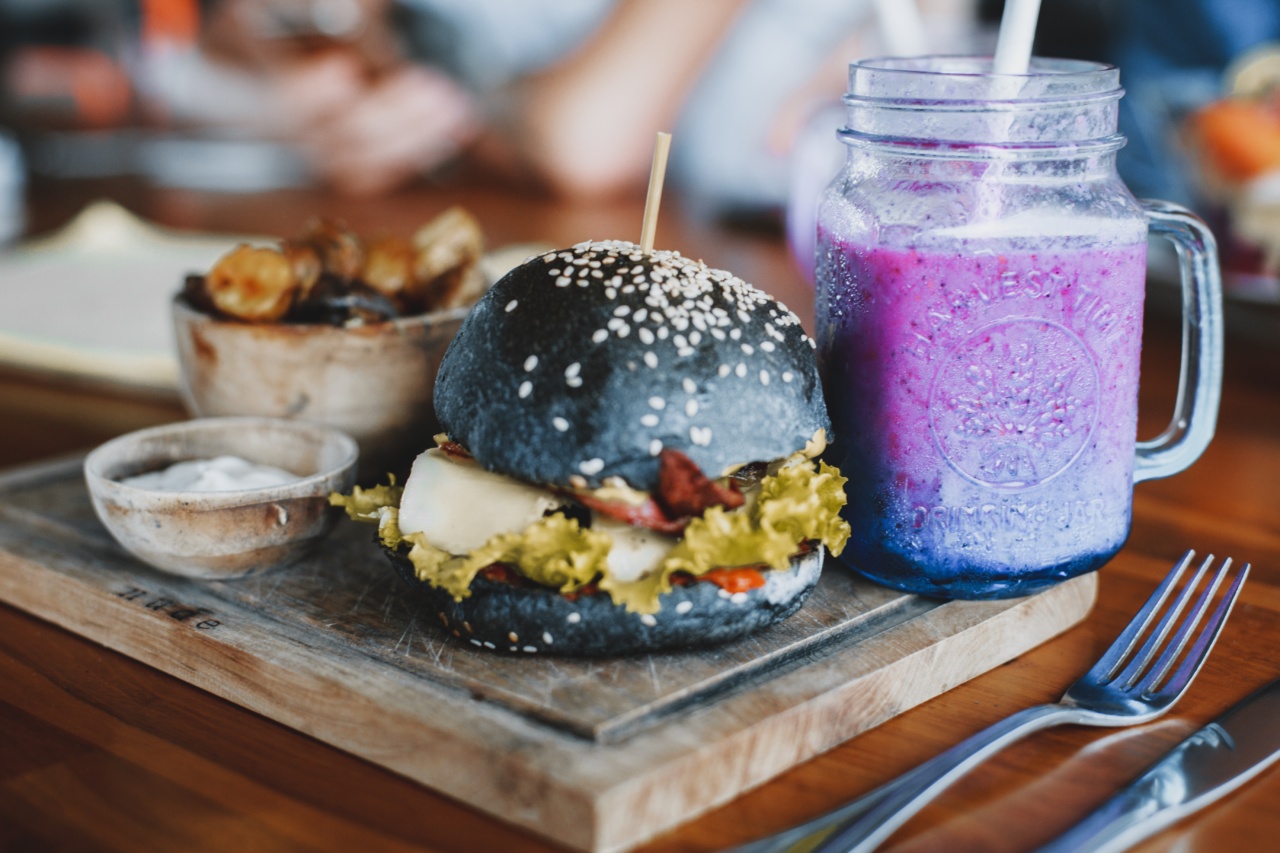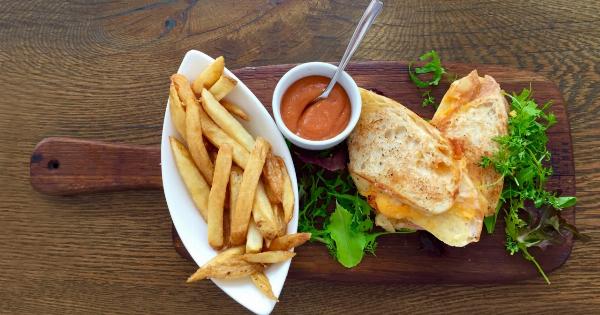Junk food, also known as fast food, is widely consumed all over the world. While its taste, convenience, and affordability make it appealing to many, there is a more sinister side to this type of food.
Junk food is notorious for its addictive properties, making it challenging for individuals to resist its allure. In this article, we will explore the reasons behind the addictive nature of junk food and shed light on the various factors that contribute to this phenomenon.
The Role of Sugar
One of the main culprits behind the addictive nature of junk food is sugar.
The added sugars found abundantly in processed foods not only enhance flavor but also trigger the neurotransmitter dopamine, commonly referred to as the brain’s “reward chemical.” Dopamine is associated with pleasure and motivation, providing a sense of euphoria and reinforcing behavior that leads to its release.
Highly Palatable and Flavorful
Junk food is specifically engineered to be highly palatable and flavorful through the use of additives, artificial flavors, and excessive amounts of salt, sugar, and fat.
These combinations of tastes and textures can create a sensory overload that makes it difficult for individuals to stop consuming junk food once they start.
Chemical Additives
Many junk foods contain chemical additives that play a role in their addictive nature. For example, monosodium glutamate (MSG) is commonly added to enhance the umami flavor in fast food.
Studies have shown that exposure to MSG can lead to increased food intake and weight gain, making it harder for individuals to control their consumption of these foods.
Processing and Food Texture
The processing techniques used in the production of junk food often result in altered food textures that are both appealing and addictive.
The combination of crispy, crunchy, or chewy textures can trigger pleasure receptors in the brain, making it challenging for individuals to resist the desire to continue eating these foods.
Impact on Brain Reward System
Junk food has been shown to have a powerful impact on the brain’s reward system, which plays a crucial role in addiction.
The consumption of highly palatable foods leads to the release of dopamine in the brain’s reward centers, creating a pleasurable experience. Over time, the brain adapts to this stimulation by reducing dopamine receptors, making it necessary for individuals to consume more junk food to achieve the same level of satisfaction.
Marketing and Advertising
Marketing and advertising also contribute significantly to the addictive nature of junk food.
The constant exposure to enticing advertisements, celebrity endorsements, and promotional offers creates a psychological craving for these unhealthy foods, making individuals more likely to give in to their desires and continue consuming them.
Convenience and Availability
Another factor that makes junk food so addictive is its convenience and widespread availability. Fast food chains and convenience stores are abundant in many areas, making it incredibly easy for individuals to satisfy their cravings for these foods.
This accessibility increases the likelihood of frequent consumption and subsequent addiction.
Emotional and Behavioral Triggers
Emotional and behavioral triggers play a significant role in the addictive nature of junk food. Many people turn to junk food as a form of comfort or as a way to cope with stress, sadness, or boredom.
The association between certain emotions or behavioral patterns and the consumption of junk food can create a habit loop, reinforcing the addictive behavior.
Societal Norms and Peer Influence
Societal norms and peer influence also contribute to the addictive nature of junk food. In many cultures, junk food is widely accepted and often consumed as part of social gatherings and celebrations.
Being surrounded by others who indulge in these foods can influence individuals to partake in similar behaviors, further reinforcing the addictive cycle.
Genetic Factors
Research has suggested that genetic factors may play a role in determining an individual’s susceptibility to food addiction, including junk food.
Certain genetic variations have been linked to an increased preference for high-calorie foods, a higher likelihood of overeating, and a decreased sense of satiety. These genetic factors can make some individuals more prone to becoming addicted to junk food.
Conclusion
Junk food’s addictive nature stems from a combination of factors, including the impact of sugar, the highly palatable flavor profiles, chemical additives, processing techniques, and their effects on the brain’s reward system.
Additionally, marketing, convenience, emotional triggers, societal norms, peer influence, and genetic factors all contribute to the overpowering allure of junk food. It is important for individuals to be aware of the addictive nature of these foods and to make conscious efforts to adopt healthier eating habits to mitigate these effects.






























